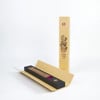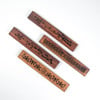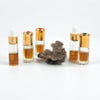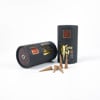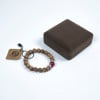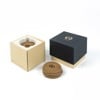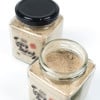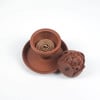Opinion: “Whole year's worship not better than worship in the full moon in January”. Right or wrong?
According to folk opinion
The Vietnamese mentality attaches great importance to what comes first. The beginning, the newness like the first day of the year, the first full moon of the year must be done well and smoothly, then the new year will have good things, called "first and foremost". Therefore, the worship of the full moon festival in January is very important.
Another reason is that socially, there are families due to predestined circumstances (such as mourning, busy work) so they cannot celebrate Tet on the first days of the year, the full moon of January is their New Year's day. This is a very human meaning.
In folklore there is a saying: "January is the month of play". According to Vietnamese customs, the month of feasting is the month when people go to worship pagodas, pray to places and travel in spring. Also for the above two reasons, the full moon day of January is considered a special day.
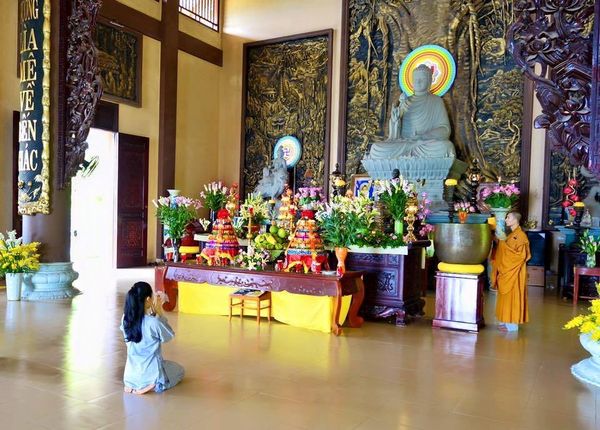
January is the month when people often go to pagodas (Source: Internet)
From the Buddhist point of view
According to Buddhism, every month, monks have two times of slapping on the full moon day and the 30th day of the lunar calendar. Father's slap is to check the mind, to repent to keep the body and mind pure. So on the full moon day, the 30th, if Buddhists go to the temple to worship the Buddha or meet monks who diligently practice, make offerings and make offerings, then great merit will be obtained. The first day after the 29th and 30th at the end of the month, called the days after the monks' pure repentance, are also good things.
Buddhism has been attached to and accompanies the Vietnamese people for more than 40 years. There were times when Buddhism was the national religion, so all cultural activities of Buddhism were naturally imbued in people's lives. The fact that our people go to pagodas on the full moon day, probably also comes from the worship of the full moon in July. In the Buddhist scriptures, it is the day when the Buddhas and gods rejoice; If everyone makes offerings on this day, the blessing will be great. Maybe for such reasons, the full moon day of the pagoda has become a day like a holiday and festival of the people in each locality. Therefore, on the first day of the full moon, people go to the temple to worship Buddha and Bodhisattva. Gradually, going to pagodas on the full moon day became a custom of Vietnamese people, an important day not only for Buddhists.
Is the full moon day of January the most important day of worship?
For Buddhism, every day is noble. If we know how to live well and do good deeds, we all have merit. Buddhism does not stipulate a new good day to worship, but all of our offerings if in accordance with the Dharma can produce good blessings.
The merit of giving and making offerings is the sixfold merit. In which, three parts of the blessing are born from the donor and three parts of the blessing are born from the recipient. People who make offerings before, during and after making offerings generate joy and pure faith, they will receive great blessings. Regarding the recipients of the offerings are the monks and nuns, the masters and masters of the Sangha - who are directed to dispassion of greed, have abandoned greed, have abandoned anger, and given up delusion. Enlightened beings have great fields of merit, if we make offerings to such noble ones, we will have very good blessings.
As for the offering, it must be the righteous and pure offering (not from killing lives or doing illegal activities), then the offerings will be good and bring forth many blessings.
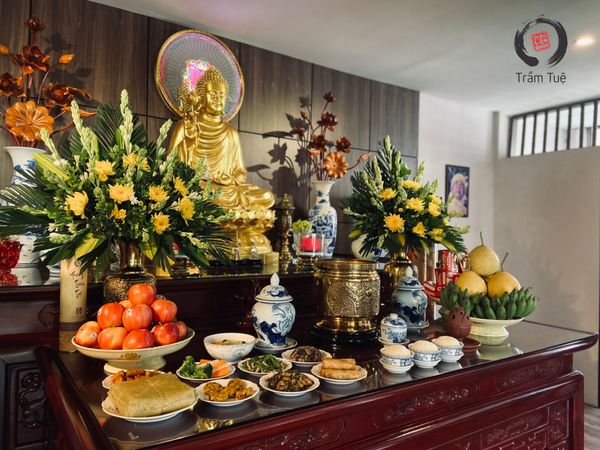
If we make offerings in accordance with the Dharma, blessings will be born (Illustration image. Source: Tram Tue)
In the Buddha's time, noble kings used to make offerings on any given day. They respectfully invite the Buddha to come, with them they can make offerings to the Buddha and the holy Sangha every day is a good day.
Therefore, in Buddhism, there is no stipulation on which day is the best day of worship, but when we have enough predestined conditions, make offerings to the Dharma, and make offerings to the noble ones, it is good to receive great blessings. It is not good to worship on the full moon day of January. Therefore, the concept that "A whole year offering is not equal to the full moon of January" is just a custom. Although, this concept has more or less influence from Buddhist culture, Buddhism does not assert that every full moon day is a good day and the concept that the full moon festival in January is the biggest, most important and most important of a whole nation. year is completely incorrect.
Hopefully this article will help you understand more about the practice of worshiping the full moon in January and Buddhists to have the right knowledge and correct understanding of the Buddha's teachings to advance in cultivation.


























